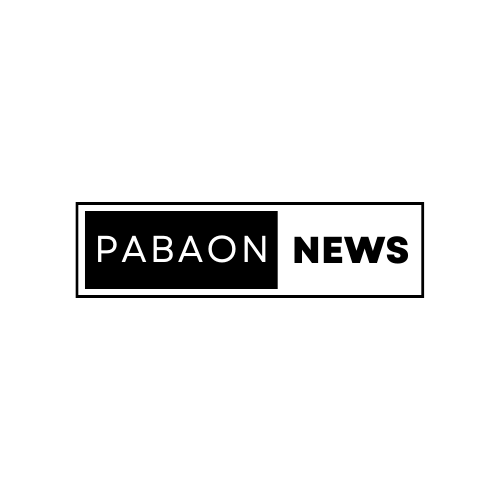Samcheok, a coastal city in South Korea, is planning to remove a sculpture and other installations at Maengbang Beach that are inspired by BTS. This action signifies a major change in the landscape of pop culture-influenced public art in the country. The entertainment business HYBE, which is responsible for the internationally renowned K-Pop group BTS, started the battle over intellectual property rights, which led to this ruling.
Problematic at its core are recent moves by HYBE, in which the firm formally requested the demolition of BTS-related infrastructure from multiple municipal governments. These demands cast doubt on the legitimacy of these much-loved sites by claiming infringement of intellectual property rights. For that reason, on January 5, the city of Samcheok—famous for its BTS picture zone sculpture and signage—made the significant choice to demolish these beloved installations.
Beyond being physical representations, these buildings hold great significance. Beaches, bus stops, and breakwaters are just a few of the South Korean landmarks that have become famous among BTS fans. Fans from all around the world go to these locations—sometimes called “holy sites”—to see where BTS has filmed music videos or taken pictures for album covers.
As an example, the Samcheok coast’s Maengbang Beach became famous after being linked to the BTS song “Butter.” The necessity to safeguard HYBE’s intellectual property motivates the company’s stance, regardless of the cultural implications. According to Ten Asia, the corporation is claiming that the paintings and sculptures violate BTS’s trademark and portrait rights, which could cause legal issues. BTS’s Jin has been voted as the most popular K-pop celebrity in 2024.
Some have resisted the decision to tear down these buildings. Concerned about what they perceive as HYBE’s overzealous attitude, other municipal governments have expressed their worries. They claim that the installations were made to draw in BTS fans to spots that have appeared in the group’s music videos and album covers.
At the same time, a representative from HYBE outlined their position, stressing the significance of safeguarding the artists’ IP while also taking into account the difficulties of ongoing management and the possible damage to the artists’ reputations. For more updates, you can join us on our Twitter account.




